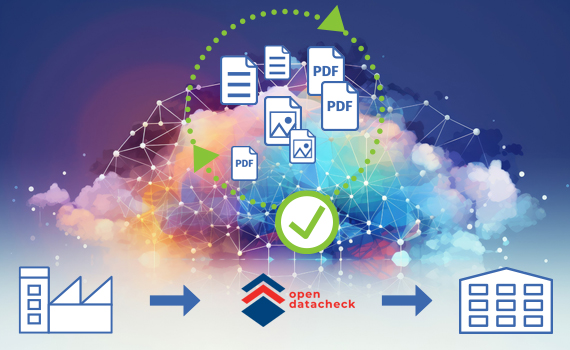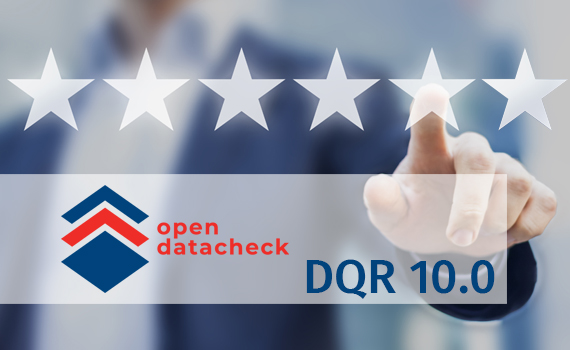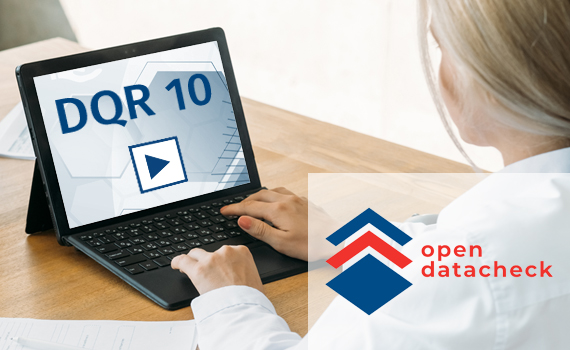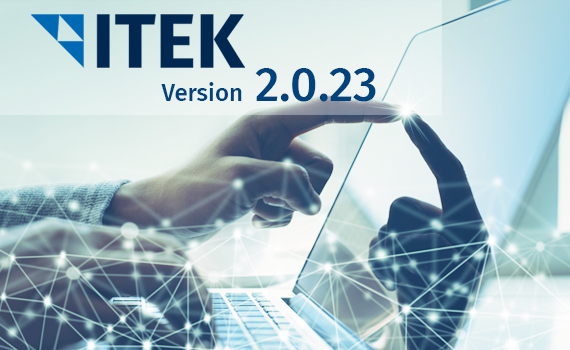Contact us for further information!
Would you like to learn more about the XS Cloud? Simply contact us!

The transparency of supply chains and corporate due diligence are becoming increasingly important and can lead to challenges when it comes to implementation. The Act on Corporate Due Diligence Obligations in Supply Chains requires companies with 1,000 or more employees to comply with social and environmental standards along their supply chains. Implementing the law can lead to challenges in everyday working life. Supplier Transparency is there to simplify the processes.
With Supplier Transparency, your suppliers' products are checked and analysed on the legal basis of the Supply Chain Act. This automatically distributes corresponding supply chain declarations to your suppliers and, if declared risk countries are specified, sends a subsequent questionnaire on compliance with the duty of care. On return, these are checked and finally made available to you. You can also use this data and content for your annual report to BAFA - the Federal Office of Economics and Export Control - on your efforts to comply with the supply chain due diligence obligation.
The Act on Corporate Due Diligence Obligations in Supply Chains is a legislation aimed at obliging companies to comply with social and environmental standards along their supply chains. At the centre of this is the responsibility of companies for the conditions under which their products are manufactured, particularly abroad. The Supply Chain Act focuses primarily on the protection of human rights and the environment in global supply chains and, of course, within the company itself.
Companies must therefore take appropriate measures to identify, prevent or minimise risks in their supply chains. This can include audits, training, risk analyses and cooperation with suppliers.
Furthermore, companies are required to report transparently on their efforts to comply with the supply chain due diligence obligation. This takes the form of an annual report to BAFA, the Federal Office of Economics and Export Control. Companies that violate the requirements of the law can be fined. The exact penalties can vary depending on the severity of the offence.
Automatic enquiry of the reasons for the risks via questionnaires to suppliers.
Identification and visualisation of risks using a traffic light system for a better overview and comprehensibility.
Differentiated risk analysis based on product data and public international databases on risks.
Transparency
Transparent presentation and communication on compliance with the Supply Chain Act and potential risks for suppliers.
Cost efficiency through reduced effort
Reduction of manual and personnel costs for the organisation of legal agreements and control processes.
Supplier overview
Clear overview of all suppliers on the subject of risk management and corresponding traffic light status.
Support for BAFA reporting obligations
Provision of supplier declarations, questionnaires, risk analysis results and risk minimisation measures for use in the annual BAFA report.
Support for company values
These reports provide a way for you to publicly demonstrate your responsibility and commitment to ethical supply chains.
Proactive risk avoidance
Actively identify and minimise risks in your existing supply chains to meet legal requirements.
Learn more about our software solutions or contact us directly!

As a wholesaler or purchasing co-operation, you can use Open Datacheck to centrally access quality-checked marketing and sales documents from your…
Read more
Structured, complete and correct product data is a business-critical necessity for wholesalers. It not only influences customer satisfaction, but also…
Read more
The new DQR 10.0 adopted by the associations ARGE Neue Medien, BVBS, DG Haustechnik and ZVSHK is valid from today.
Read more
To help you better understand the changes in the new DQR 10.0, we have created videos with explanations of the content.
Read more
Complex relationships and structuring between different products or components in a clear hierarchical structure for online shops, business…
Read more
The new version 2.0.23 of the XS standard will be made available at the beginning of March and rolled out on all platforms.
Read more


